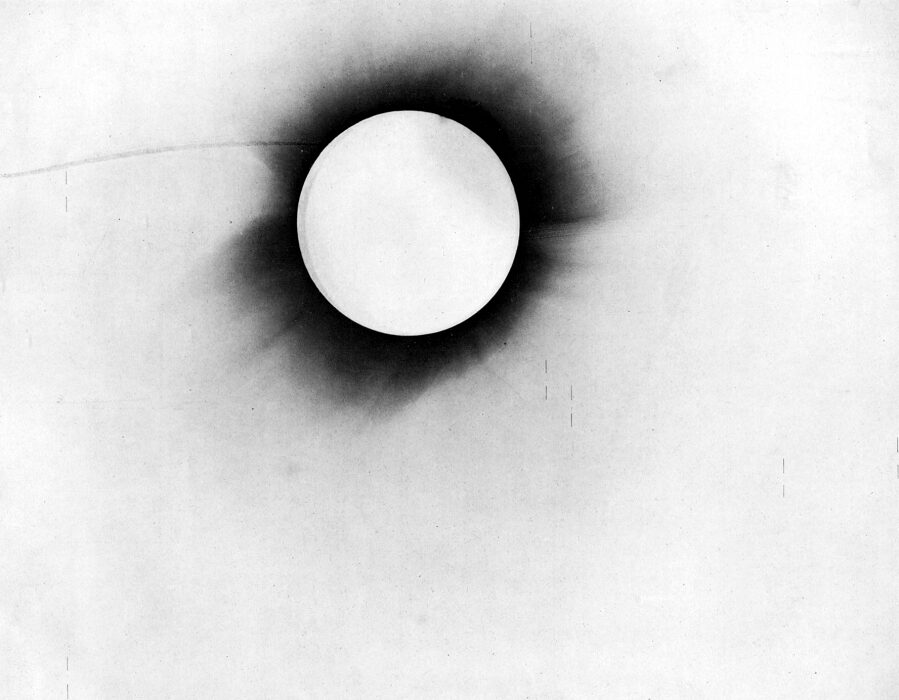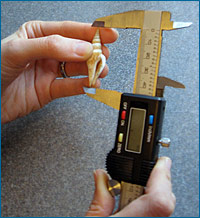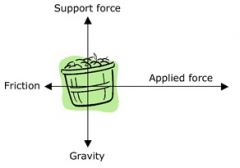Search by:
To search for teaching materials that address particular concepts in our conceptual framework, visit the teaching guide for your grade level:
K-2, 3-5 , 6-8, 9-12, or College
Found 6 resources:
Fair tests: A do-it-yourself guide
Grade Level(s):
- 6-8
- 9-12
- College
Source:
- UC Museum of Paleontology
Resource type:
- Science Story
Time: 15 minutes
Overview
Teach about test design in science using an example from everyday life: comparing chocolate chip cookie recipes. Get tips on using Science Stories in class.
Fair tests in physics: Examining eclipses
Grade Level(s):
- 9-12
- College
Source:
- UC Museum of Paleontology
Resource type:
- Science Story
Discipline:
- Physical Sciences
- Space science
Time: 15 minutes
Overview
Teach about test design in the field of physics. Get tips on using Science Stories in class.
Fair tests in the fossil record: Avoiding extinction
Grade Level(s):
- 9-12
- College
Source:
- UC Museum of Paleontology
Resource type:
- Science Story
Discipline:
- Earth science
- Life Science
Time: 15 minutes
Overview
Teach about test design in the field of paleontology. Get tips on using Science Stories in class.
Fair tests in the field of medicine: Aiding Alzheimer patients
Grade Level(s):
- 9-12
- College
Source:
- UC Museum of Paleontology
Resource type:
- Science Story
Discipline:
- Life Science
Time: 15 minutes
Overview
Teach about experimental design in the field of medicine. Get tips on using Science Stories in class.
Designing your very own science experiment
Grade Level(s):
- 9-12
Source:
- Stefanski, Mark
Resource type:
- lab activity
Discipline:
- Life Science
Time: 2-4 class periods
Overview
Students design and carry out an experiment using pill bugs (isopods). Other organisms could be used in place of the pill bugs. Students reflect on the process used by charting their pathway on the Science Flowchart.
Newton’s 2nd law: Inquiry approach
Grade Level(s):
- 9-12
Source:
- Tung, Cecilia
Resource type:
- classroom activity
Discipline:
- Physical Sciences
Time: One to two class periods
Overview
Students act as colleagues of Isaac Newton. Students focus on how to design a procedure to test Newton's hypothesis and then communicate that idea to others. The emphasis is on the process rather than the actual results.






